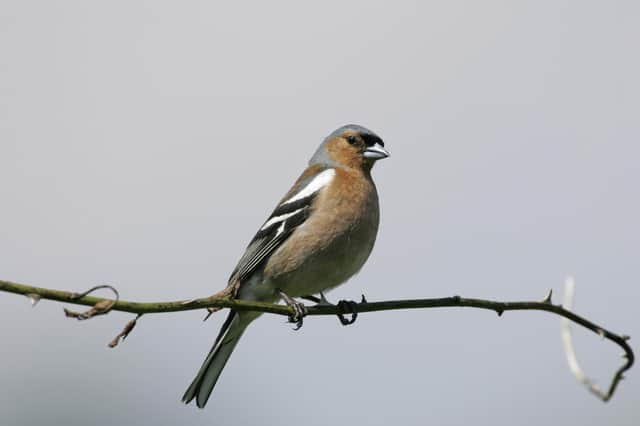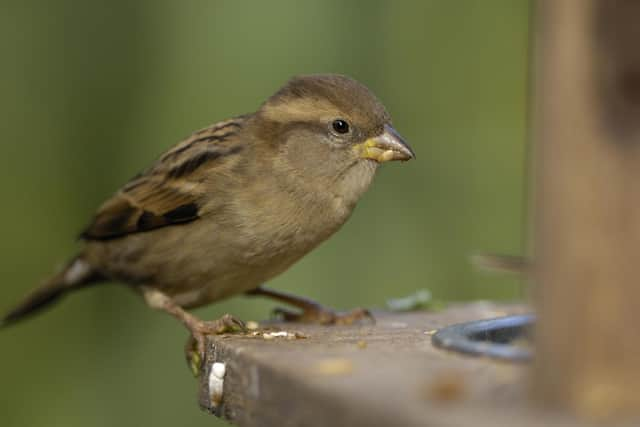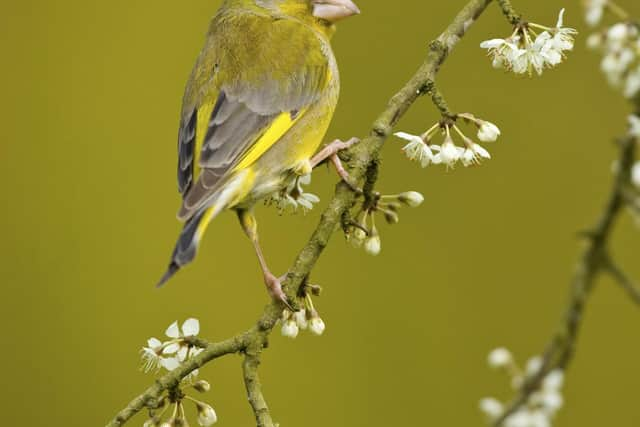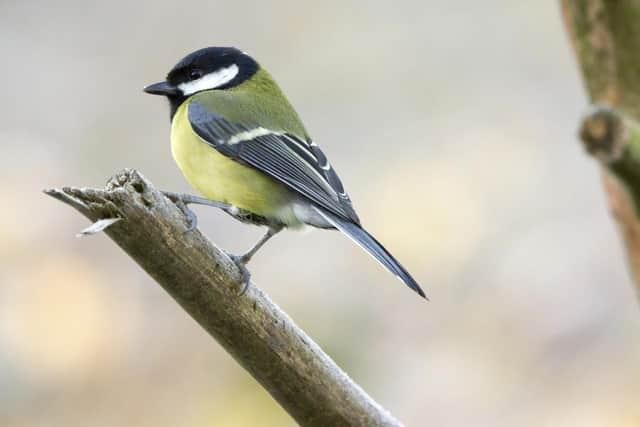RSPB Big Garden Birdwatch results show “startling” decline in birds


The RSPB’s annual Big Garden Birdwatch is the world’s largest garden wildlife survey and gives the RSPB insights into how our garden birds are faring.
This year’s results have revealed that House Sparrows are the number one bird most frequently spotted across UK gardens for the 20th year running.
Advertisement
Hide AdAdvertisement
Hide AdThis year, more than half a million people across the UK took part in the Big Garden Birdwatch, counting more than nine million birds.


Here in Lincolnshire, nearly 8,000 people took part this year, with the house sparrow taking the top spot as the most commonly seen bird, being spotted in 71.1 percent of gardens, followed by starlings and blackbirds in second and third place respectively.
Woodpigeon, Blue tit, Goldfinch, Robin, Collared dove, Great tit, and Chaffinch made up the rest of Lincolnshire's top ten.
However, bird declines since the survey began are “startling”, as since the RSPB’s first Big Garden Birdwatch in 1977, more than 38 million birds have been lost from our skies.
Advertisement
Hide AdAdvertisement
Hide AdNearly 1.5 million house sparrows were spotted across the January weekend of the Big Garden Birdwatch on 27, 28 and 29 January, but this number has dropped by nearly 60 per cent since the survey first began, and nearly 22 million house sparrows have been lost from the UK since 1966.


The RSPB’s Chief Executive, Beccy Speight said: “With so many people sending in their sightings over the weekend from across the UK, Big Garden Birdwatch really helps paint a picture of how our garden birds are faring.
“While we celebrate the 20-year stint of the house sparrow at number one, the numbers speak for themselves when it comes to the startling declines of some of our once common birds. We are in a nature and climate emergency. We’ve lost 38 million birds from our skies in the last 50 years.”
This year’s results have also highlighted the vulnerabilities of other garden birds, as the greenfinches and chaffinches have been badly affected by a disease known as trichomonosis, a disease which can be spread by contaminated food and drinking water.
Advertisement
Hide AdAdvertisement
Hide AdAs a result, the UK chaffinch population has declined by 34 per cent over the last decade, while greenfinches have declined by 65 per cent over the same time frame.


Garden owners can help by ensuring that feeders, bird tables and bird baths are moved around to stop food waste building up, regularly cleaning with a mild disinfectant and only fill up feeders with enough food to last up to two days. If you see any sick birds, temporarily stop feeding for at least two weeks and leave bird baths dry.
You can do your bit for nature by taking part in the RSPB’s Wild Weekender from 28 April to 1 May, which encourages people across the country to sow, grow, and create thriving habitats for the nature on your doorsteps. Whether it’s a garden, a balcony, or an unloved community space, any outdoor area can become a flourishing haven for wildlife.
Find out more at www.saveourwildisles.org.uk/at-home/my-wild-space